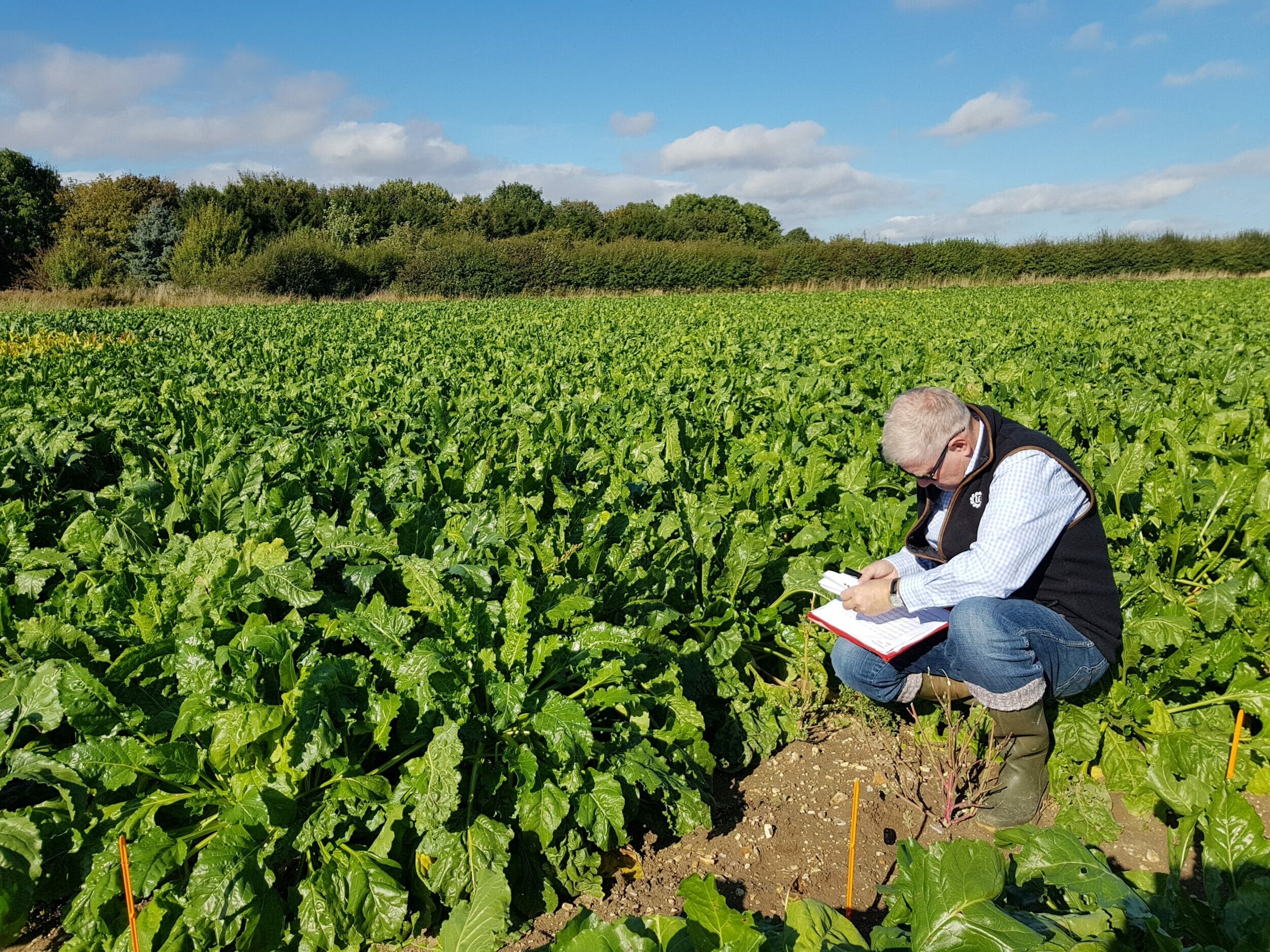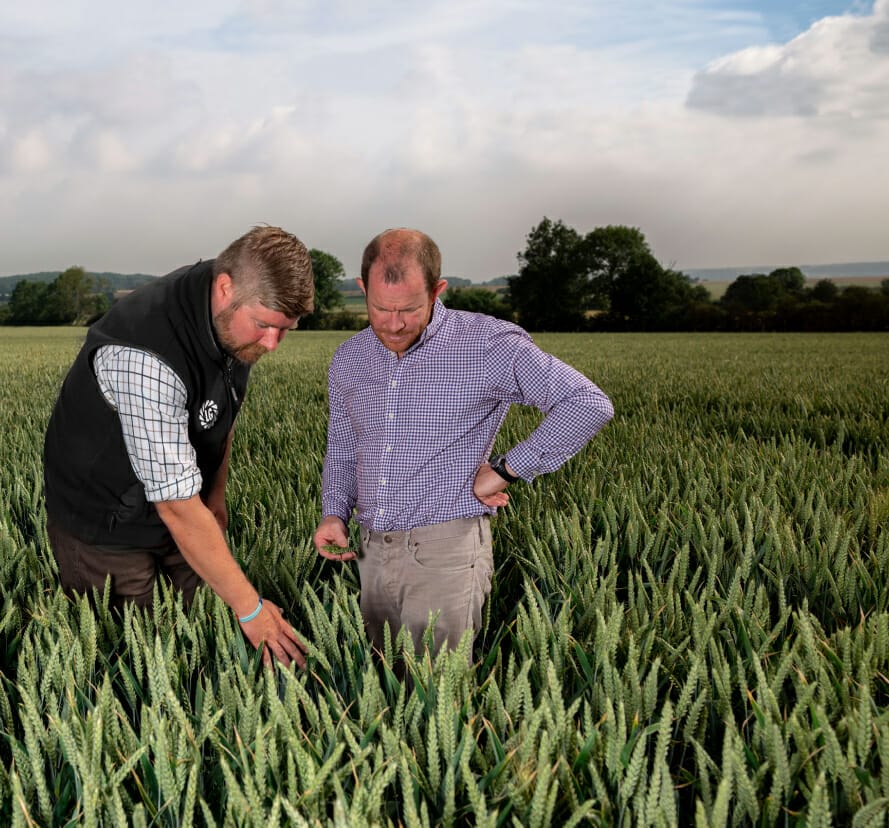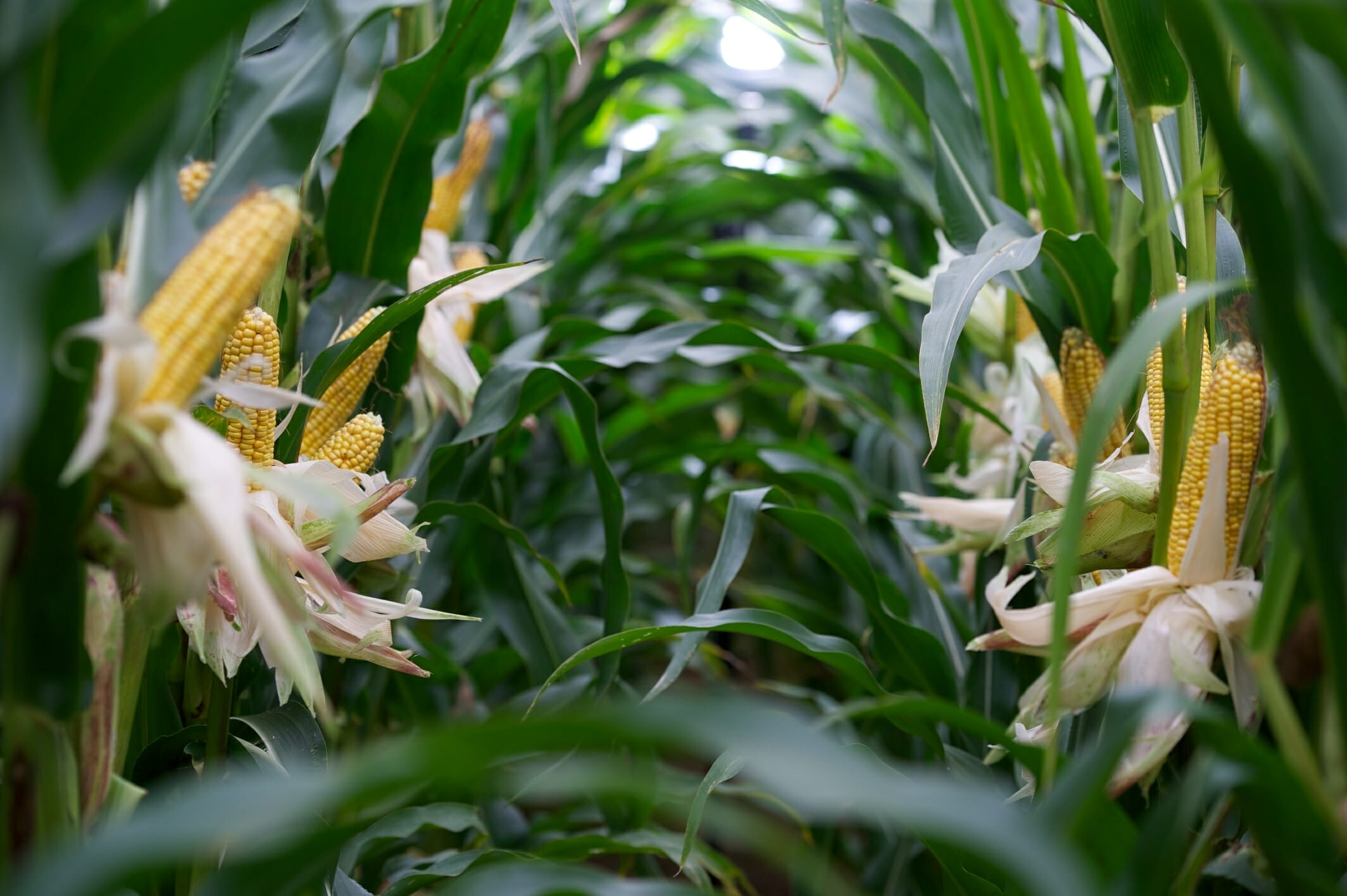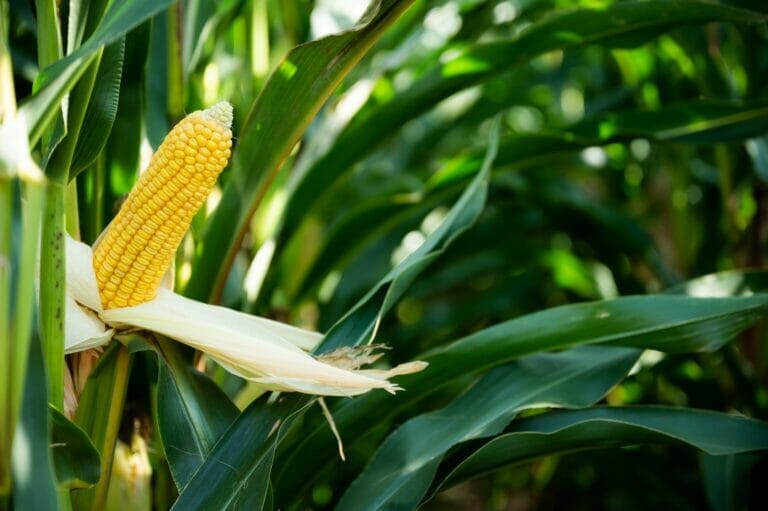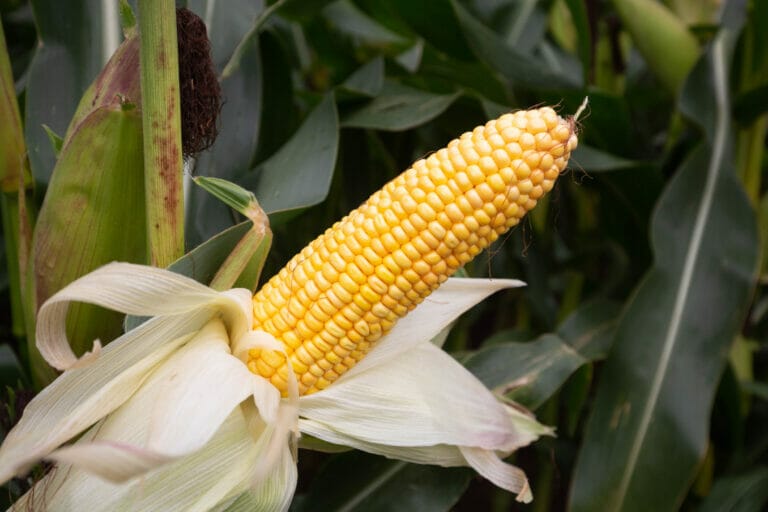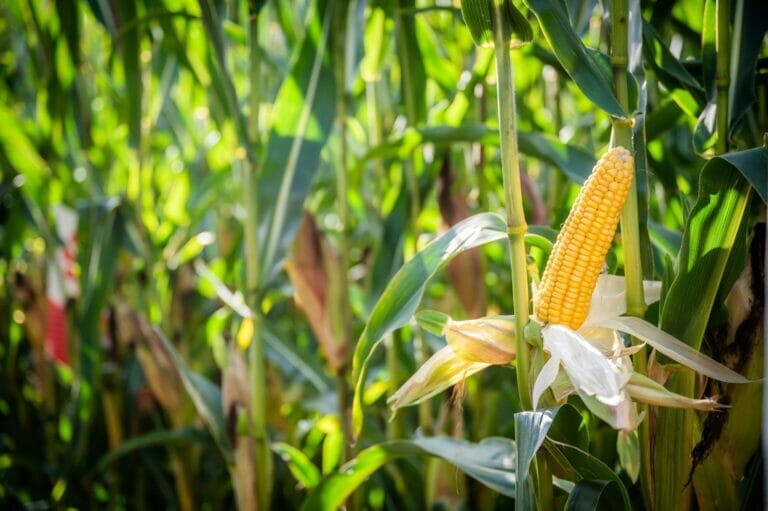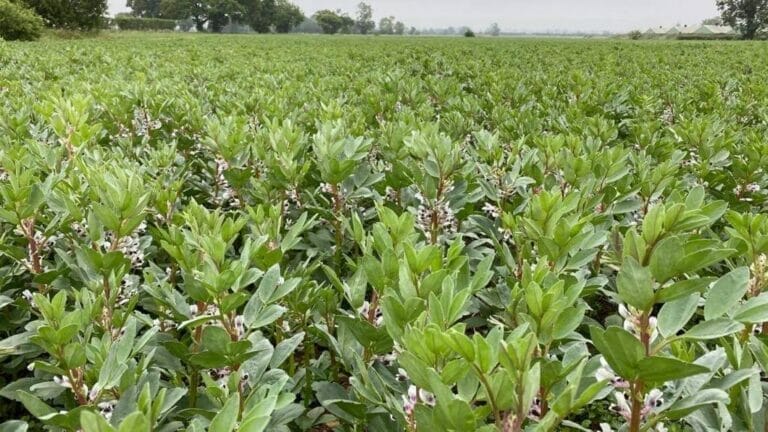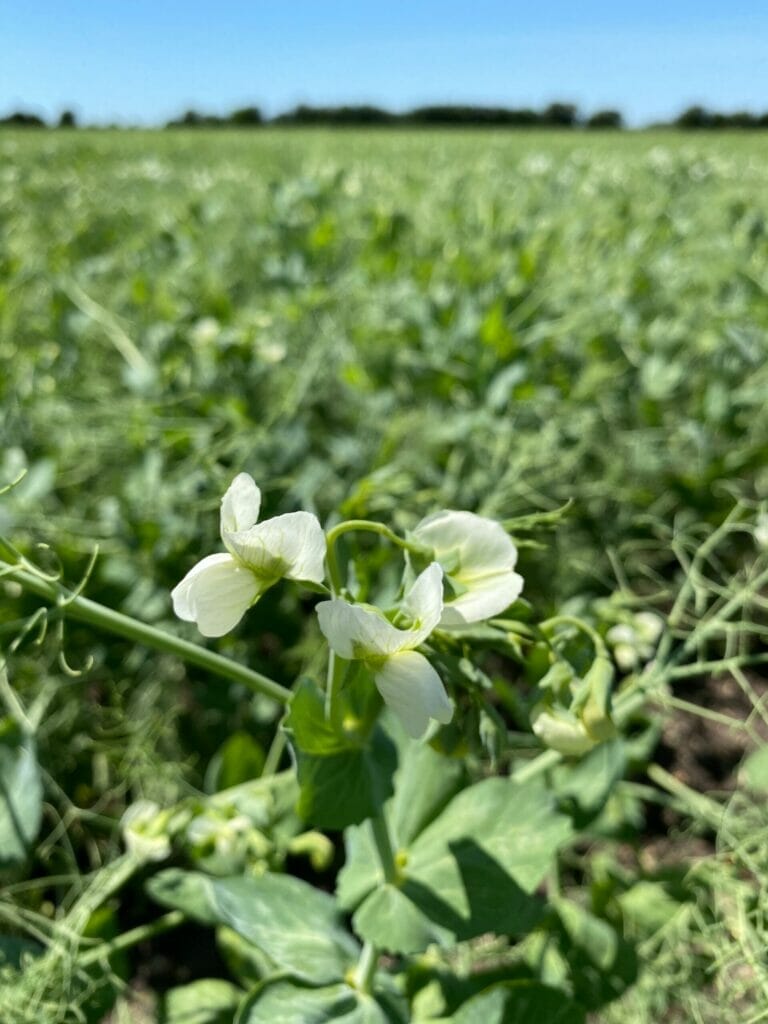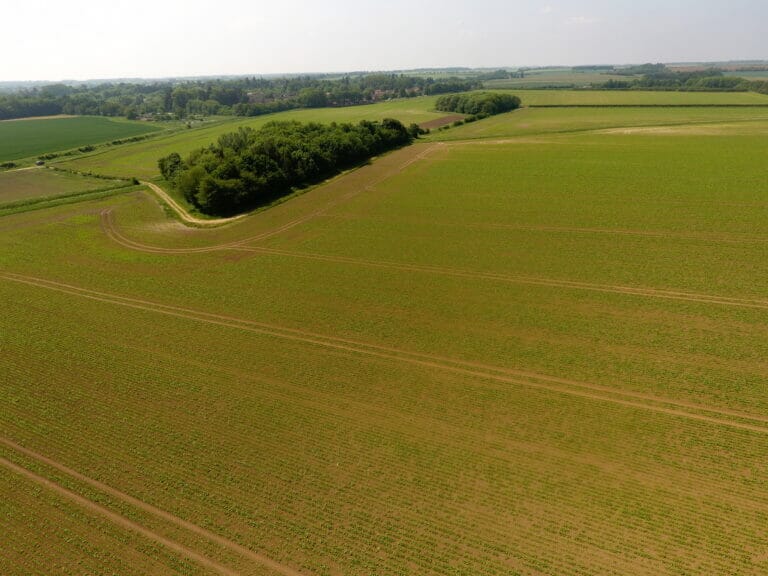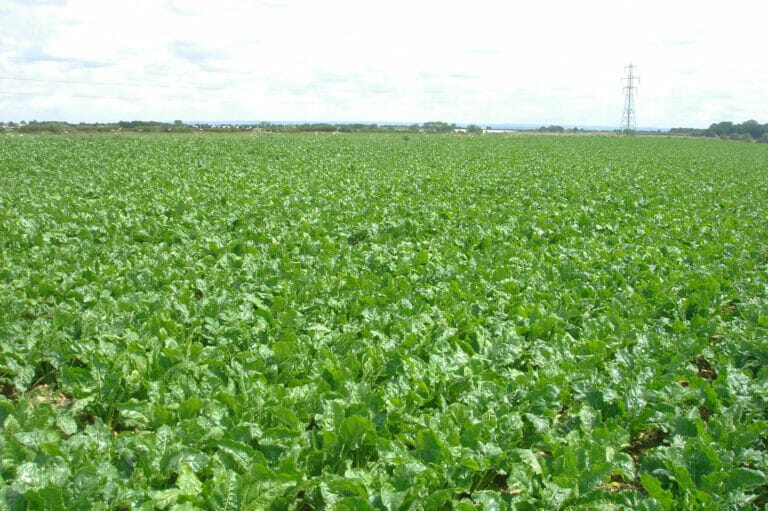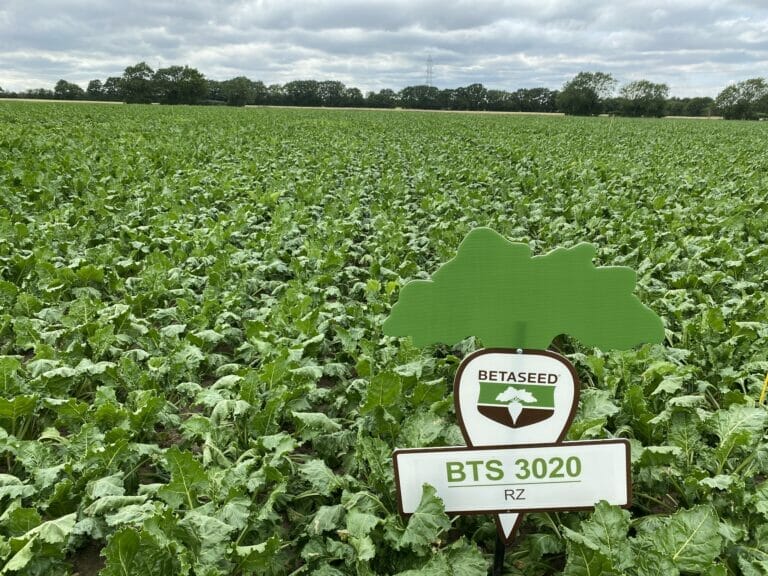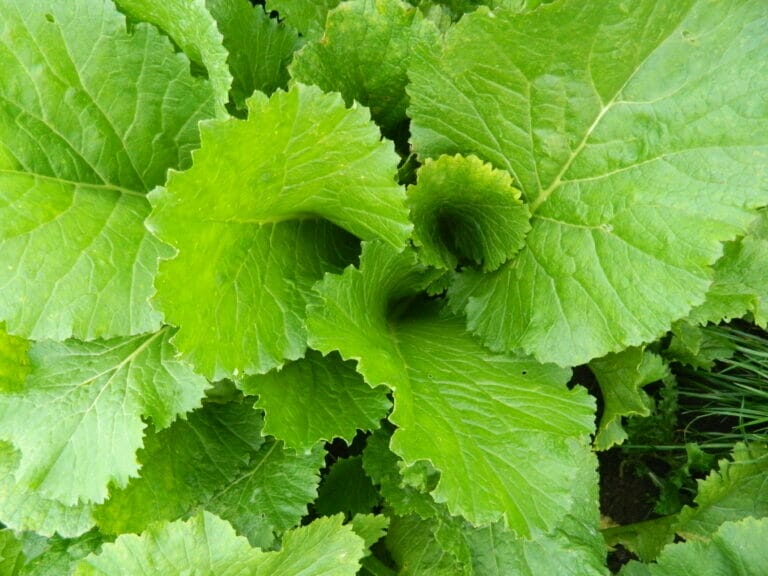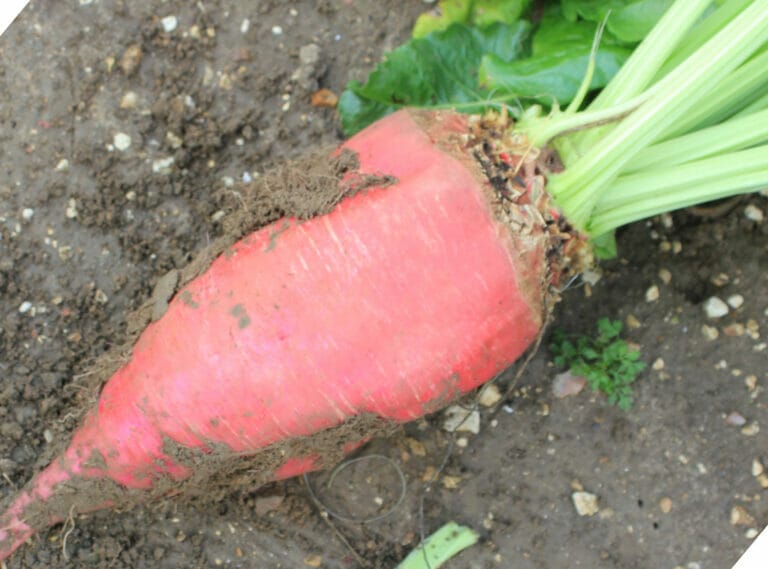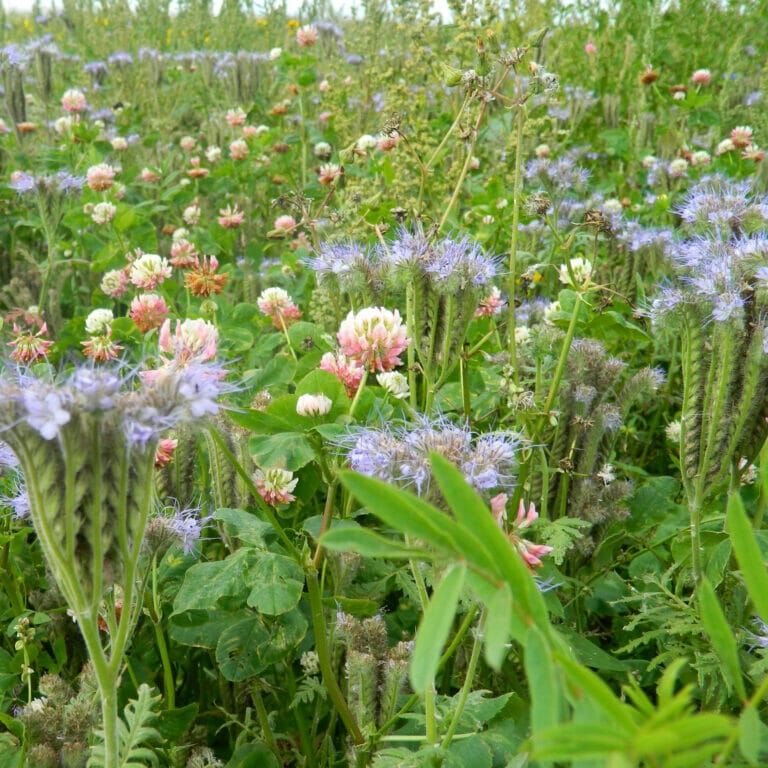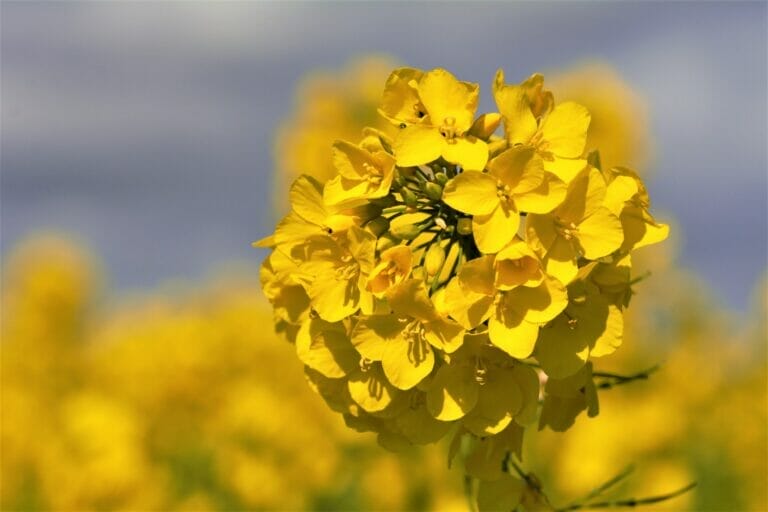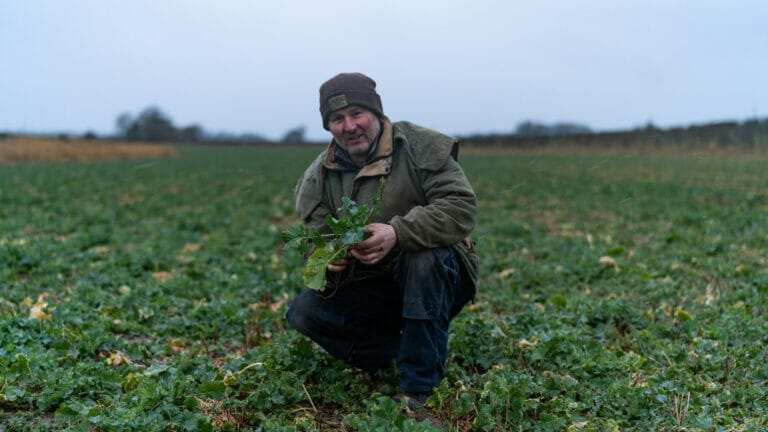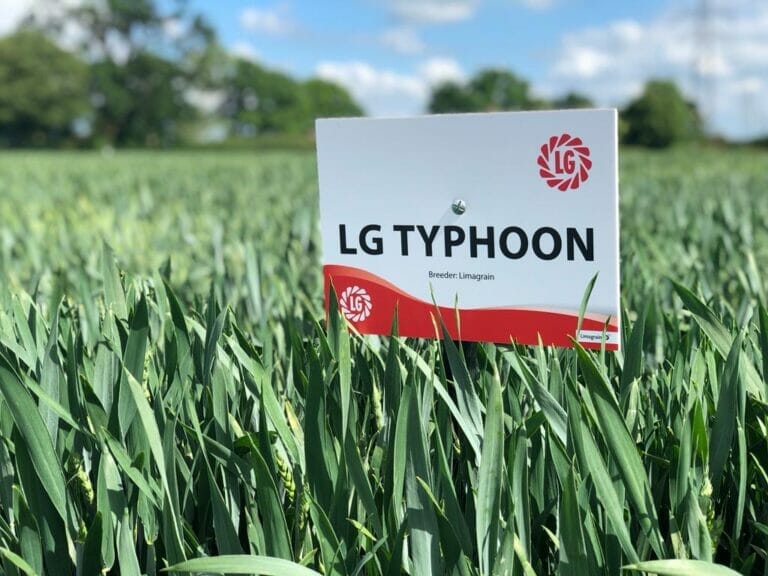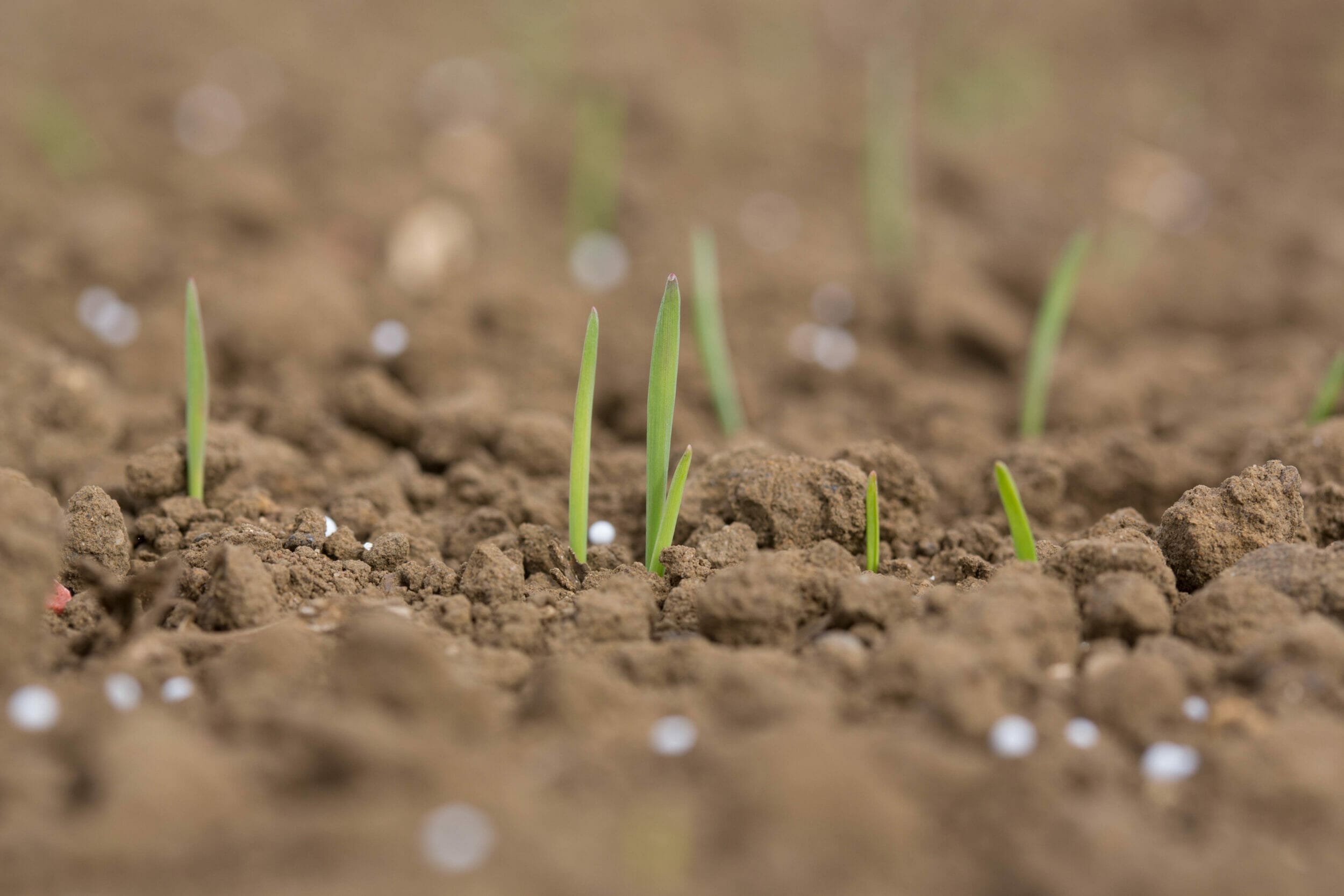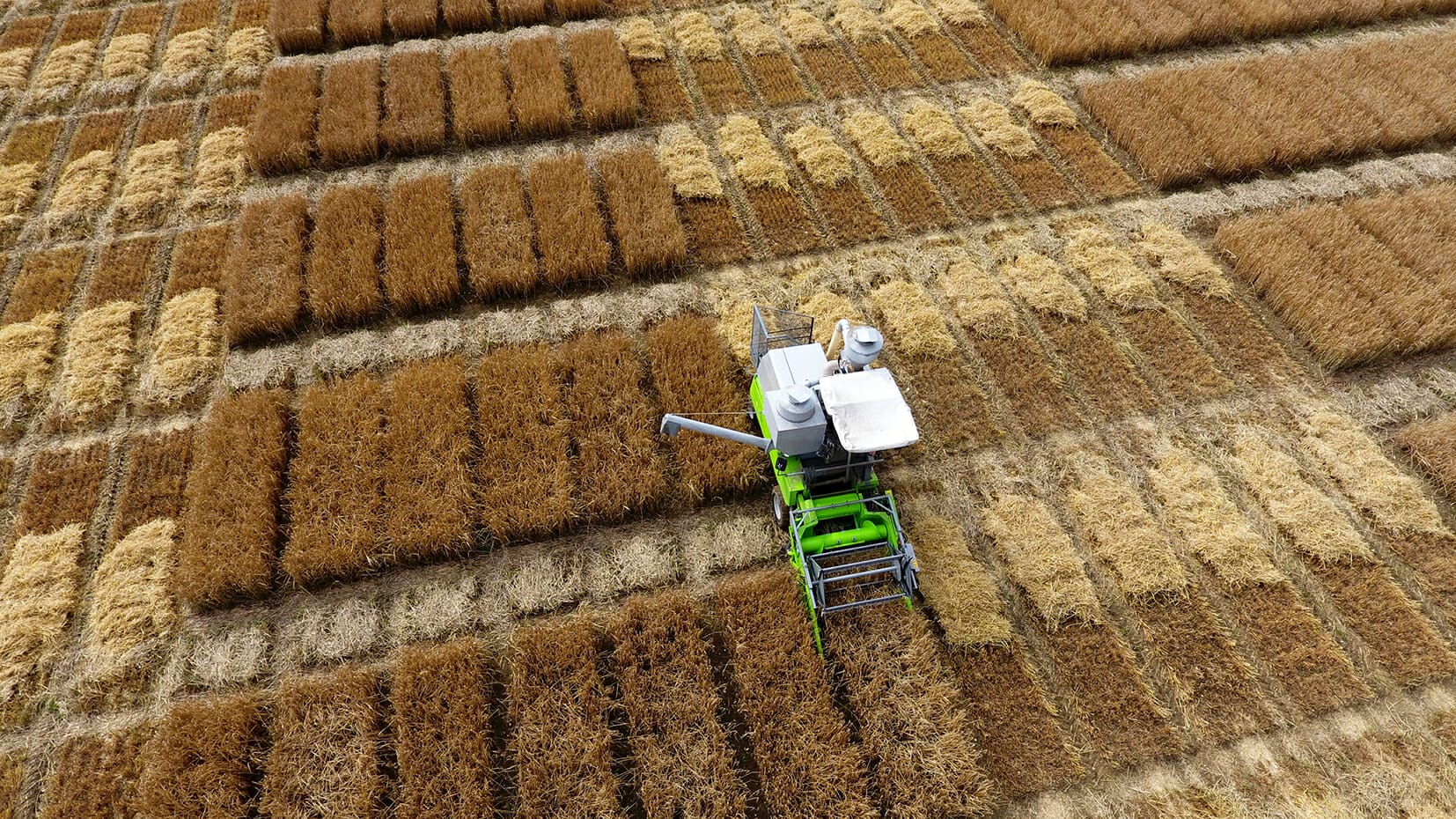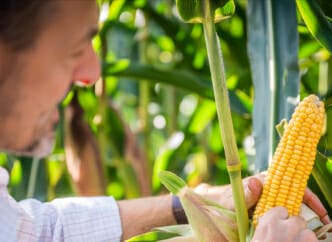Growers who are yet to conclude their spring cropping options would be wise to consider the returns to be made from spring beans after concerns over supplies helped drive premiums to nearly £100 a tonne over feed wheat.
According to Allan Macaulay, northern pulse trader for Frontier Agriculture, a poor French crop coupled with concerns over the state of the Australian crop has ensured supplies remain tight helping to swell premiums for samples that make the grade for human consumption to £60-70/tonne.
âDemand from the Middle East for human grade beans remains strong and the UK continues to enjoy a good reputation. With poor availability from France and concerns over the Australian crop this means beans will be a very profitable crop for many growers this year,â said Mr Macaulay.
Beans destined for animal feed usually attract a premium over feed wheat in the region of £30/tonne while those that meet the standard for human consumption will attract a further £60-70 a tonne meaning the grower can achieve a price of around £100/t over feed wheat.
For Berwickshire grower and Edrington Mains farm manager, Jim Macfarlane, attaining the necessary quality to meet human grade specifications without compromising yield is all about choosing the right variety.
Under the advice of Paul Huntley from MSP Agriculture he grew a crop of new variety Babylon for seed and was highly impressed with its performance.
âI was delighted with the way it performed. It was the best yielding crop of beans Iâve ever had,â said Mr Macfarlane. âWe typically expect to exceed 2t/ac (4.94t/ha) with spring beans, but last year we managed roughly 160t from 59.97acres (24.28ha) giving us an average yield of 2.66t/ac (6.58t/ha).â
Babylon was the only crop of beans on the farm so itâs not possible to compare its performance with other varieties, but it exceeded expectations in what was a difficult season. âWe had a difficult season with little sunshine so all crops matured late, but it yielded well and its performance belies its rating on the PGRO Recommended List.
âIt has an official yield of 103, but thatâs an underestimate if my crop is anything to go by.â
The crop was desiccated with Reglone in late September and Mr Macfarlane recalls how high the crop stood at that time, a factor he believes that supported its high yield.
âIt was so tall it was like walking through a crop of oilseed rape. I noticed at the time that even the bottom pods were well above the ground, I think this contributed to the ease at which we were able to combine it and the low incidence of header losses.
âIn the past we have had to practically shave the ground to get the crop in, but this was not the case with Babylon. Its height was not a problem.â
His observations that it outperforms its official ranking is shared by MSPâs Paul Huntley who suggests growers look to the joint PGRO/SAC table to see how it performs under northern conditions.
âIn national listings it sits slightly behind Fuego for yield and maturity, but in SAC trials itâs the highest yielding commercially available variety by a considerable margin and a day earlier to mature,â said Mr Huntley.
âOur experience of Babylon is limited, but it has performed well and it is at odds with official results so we would urge growers to look at the regional data before making a decision.â
A final tip from Mr Huntley for those considering growing beans with a view to achieving meeting the grade necessary for the human consumption market is to choose a variety with strong disease resistance.
âDowny mildew is a particular threat to beans and a variety with a strong score for this disease should not be overlooked. Babylon has the best disease resistance of any spring bean suited to the human consumption market and its value should not be underestimated.â

